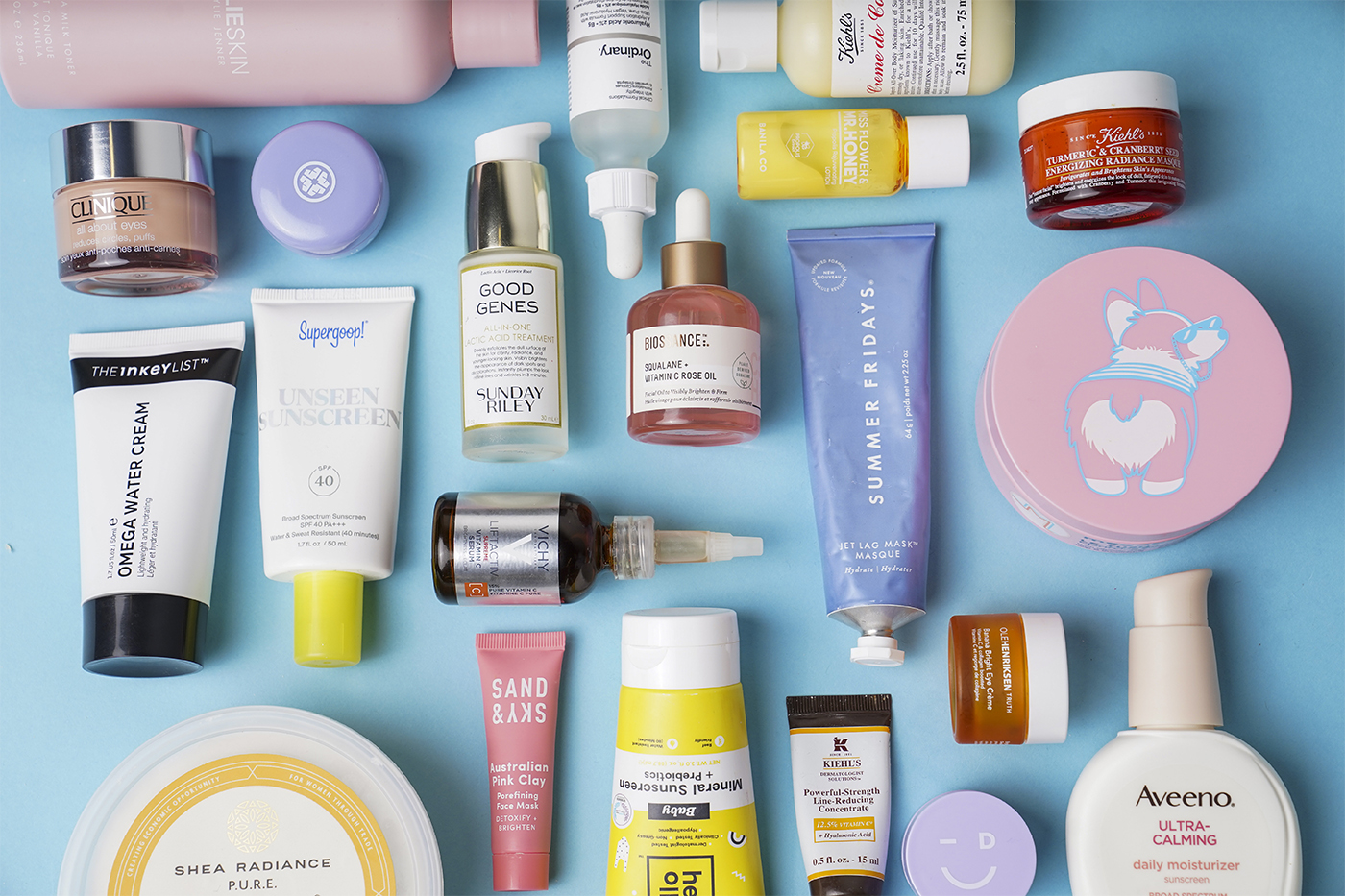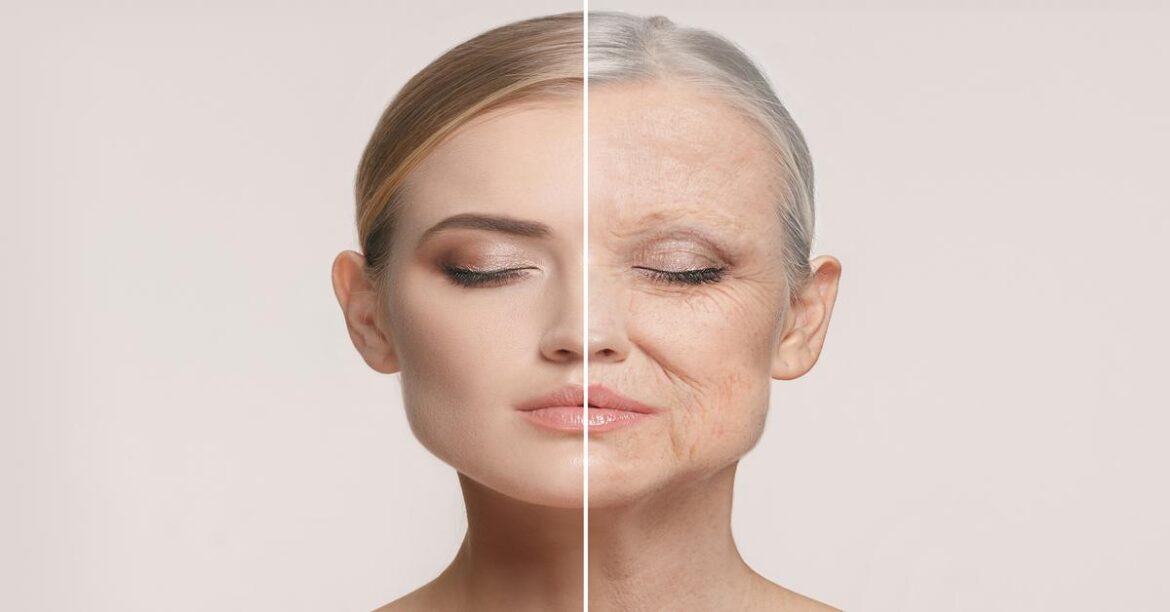Are Anti-Aging Products Overhyped? The Science and Reality Behind the Claims
Walk into any beauty store, and you’re likely overwhelmed by shelves stocked with “miracle” products promising youth in a jar. But is there any truth behind the hype, or are we simply being sold dreams? This blog post dives into the buzzing question: Are anti-aging products really effective, or are they just overhyped?
Background and Context
The global anti-aging market is expected to reach over $73 billion by 2024 and could rise to approximately $140.94 billion by 2034, growing at a CAGR of 6.8% from 2025 to 2034. This growth is fueled by increasing consumer interest in maintaining a youthful appearance and advances in skincare technology. Societal pressures to look youthful significantly contribute to the surge in demand for these products.
The Science Behind Anti-Aging Products
Among the most popular ingredients in anti-aging products are retinoids, peptides, and antioxidants, each promising to rejuvenate skin in unique ways. Retinoids, derived from vitamin A, are often hailed as the gold standard in anti-aging. Research indicates that retinoids can reduce fine lines by stimulating collagen production and enhancing cellular turnover. One thorough analysis published in Harvard Health emphasized its effectiveness.
Another ingredient, peptides, touts benefits for skin elasticity but often faces criticism for limited absorption levels through the epidermis. Finally, antioxidants like Vitamin C and E play crucial roles in neutralizing free radicals and supporting skin health over time.

Do Anti-Aging Products Really Work?
While some studies suggest that certain products can temporarily reduce the appearance of fine lines, their long-term efficacy remains debated among experts. For instance, a study in PMC suggests that while anti-aging products might provide immediate cosmetic benefits, the extent to which they can genuinely reverse aging signs is often overstated.
The takeaway? Anti-aging products can serve as a part of a skincare regimen, but they are not a one-size-fits-all solution, nor are they miraculous cures for aging.
Signs That Anti-Aging Products Might Be Overhyped
When browsing the shelves for that perfect cream, watch out for red flags. Claims that promise instant results or lack clarity about their ingredients indicate that marketing might take precedence over science. Remember, products that flaunt phrases like “miracle” or “100% effective” often focus more on selling a dream than delivering real results.
Alternative Approaches to Healthy Aging
Instead of solely relying on commercial products, Alternative approaches can offer more sustainable benefits for maintaining a youthful appearance. Embracing a balanced diet rich in antioxidants and maintaining a consistent skincare routine, along with regular exercise and a positive lifestyle, are integral to healthy aging. Adjusting dietary habits to include foods high in omega-3 fatty acids and antioxidants could yield more substantial results than any hyped product.

Conclusion
While anti-aging products can offer some benefits, they are not magic solutions to aging. The reality is that a comprehensive approach to skincare dovetailed with healthy lifestyle choices can lead to more satisfying results. Being informed and critical about product claims will empower you to navigate the bustling anti-aging market effectively.
What are your thoughts on anti-aging products? Have you found any that truly work, or do you have alternative methods you swear by? Share your experiences in the comments below!
References
- Statista. “Value of the global anti-aging market.” Available at: https://www.statista.com/statistics/509679/value-of-the-global-anti-aging-market/.
- Harvard Health. “Do retinoids really reduce wrinkles?” Available at: https://www.health.harvard.edu/staying-healthy/do-retinoids-really-reduce-wrinkles.
- Plymouth Meeting Dermatology. “Anti-aging cream efficacy.” Available at: https://plymouthmeetingdermatology.com/anti-aging-cream-efficacy/.
- Journal of Clinical Sleep Medicine. “PMC article on anti-aging.” Available at: https://pmc.ncbi.nlm.nih.gov/articles/PMC3583892/.
- Live Science. “Anti-aging products: Are they effective?” Available at: https://www.livescience.com/36720-anti-aging-products-lotions-supplements.html.

